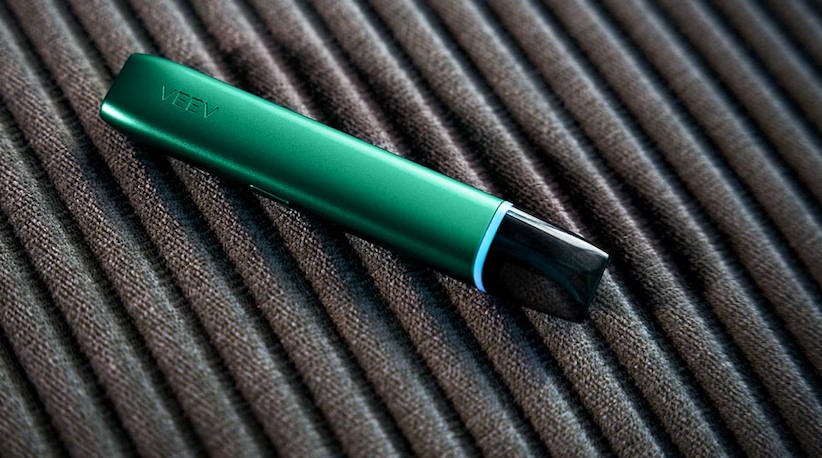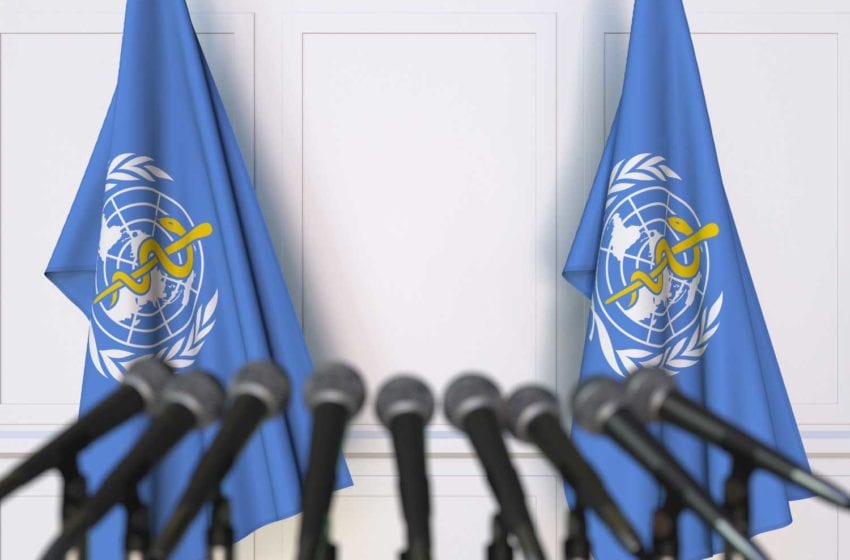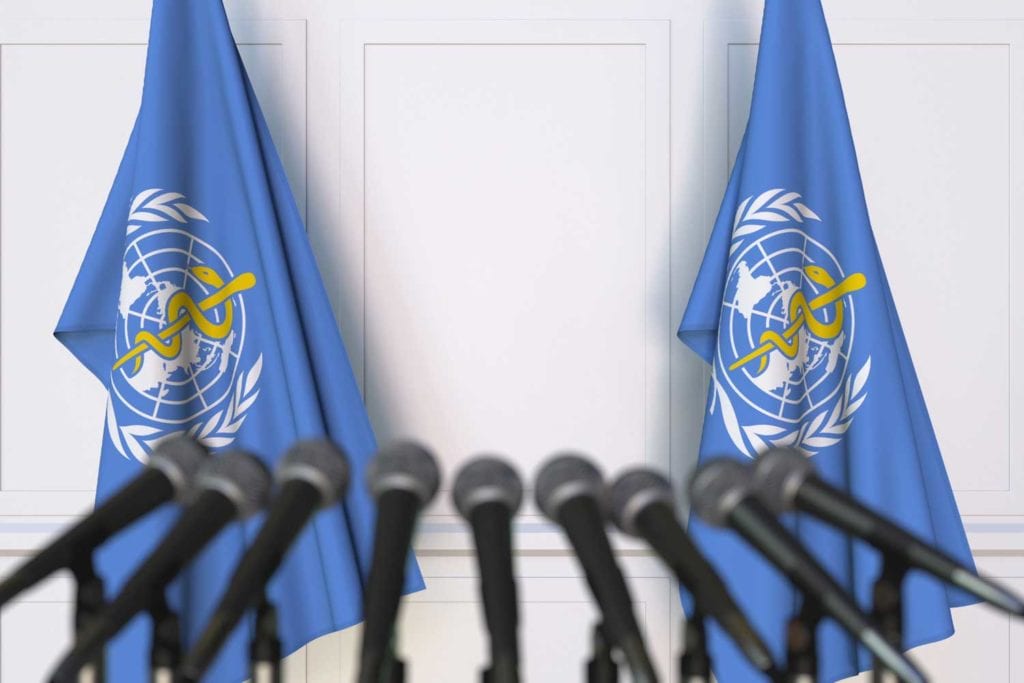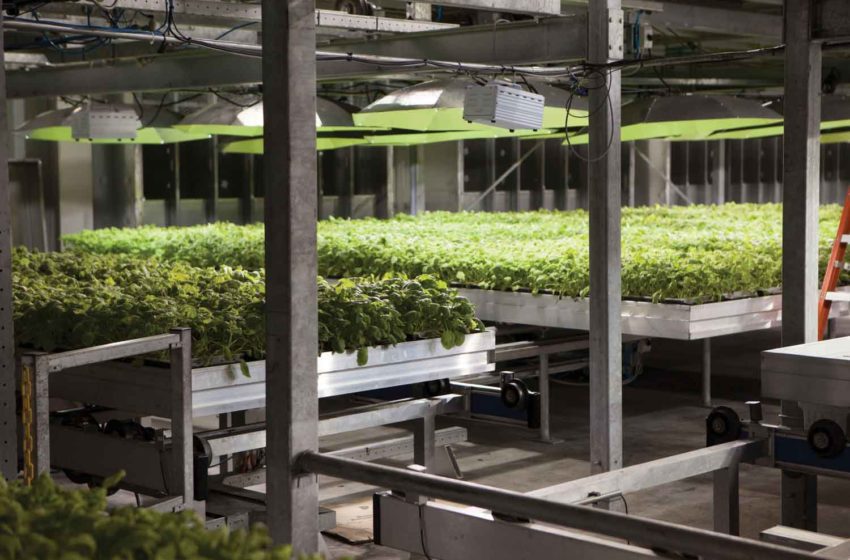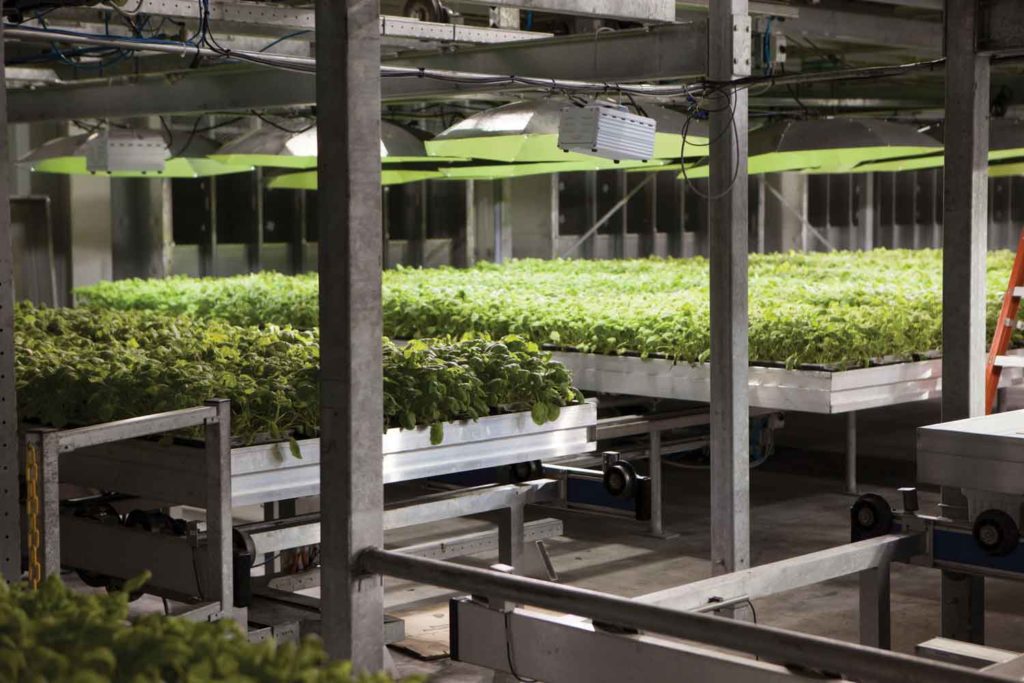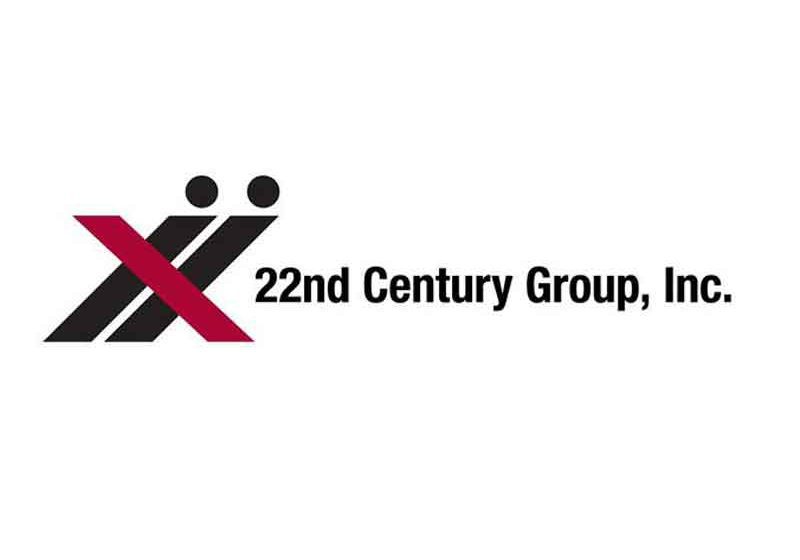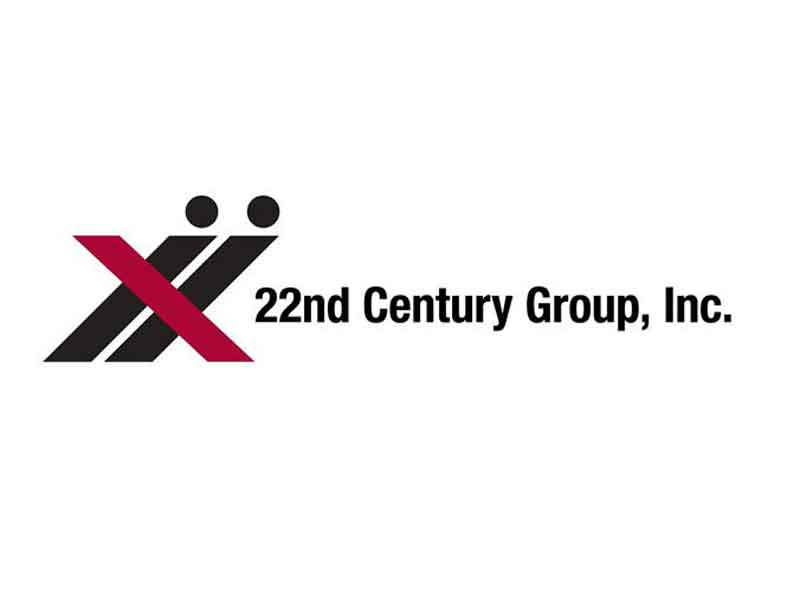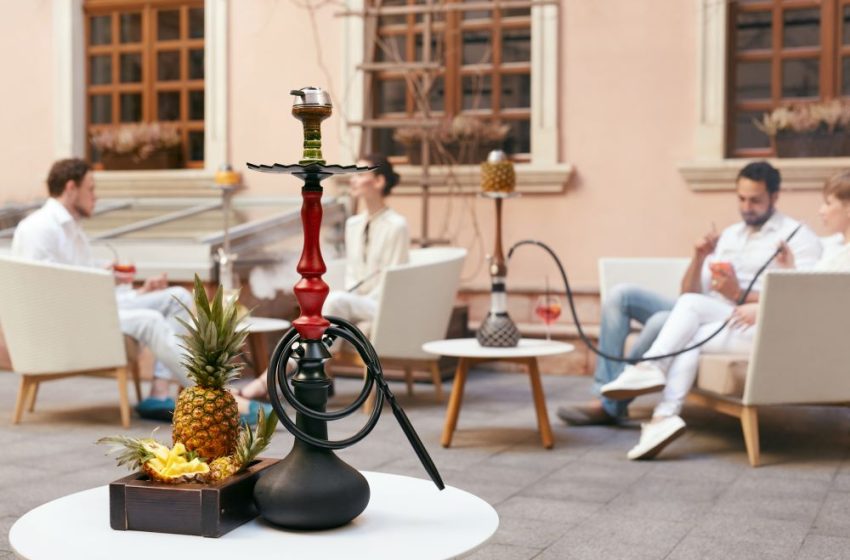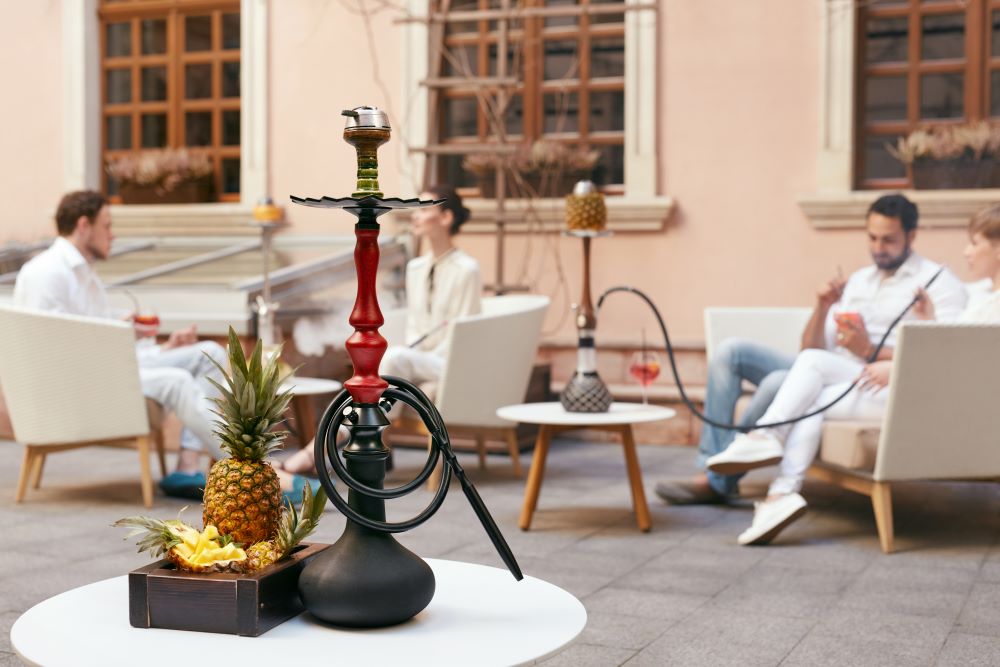Philip Morris will supply some Australian pharmacies with VEEV products at an 80 percent margin “introductory offer” if the pharmacies sign a supply deal directly with the company, according to The Guardian.
The offer is on condition that pharmacies do not sell a pack of two VEEV pods for more than $14.90 or VEEV devices for more than $19.90, which is cheaper than the prices wholesalers can offer.
Simon Chapman, emeritus professor of public health and tobacco control at the University of Sydney, accused PMI of “playing a long game here to wreck the prescription access model by disrupting the competition.”
“PMI [has] been implacably opposed to the provision of nicotine vaping products via prescription, actively lobbying for a consumer model,” Chapman said.
“Their efforts in Australia to eliminate competition via the 80 percent margin to pharmacists need to be considered in the context of its global ambitions to oppose prescribed access. Any tobacco company still actively marketing tobacco products and opposing effective tobacco control while ostensibly trying [to] promote a product with claims to move significant customers away from its tobacco products is trying to walk on both sides of the street.”
PMI has been lobbying Members of Parliament to overturn the country’s ban on vaping.
Pharmacy and health groups should urge members not to prescribe VEEV products or enter into agreements involving VEEV, said Chapman.
The pharmaceutical Society of Australia (PSA) urged pharmacists to be skeptical of PMI’s offer. “There are currently no nicotine vaping products registered on the Australian Register of Therapeutic Goods, and no company should be advertising unregulated products to Australian healthcare professionals,” a PSA spokesperson said.
Nick Zwar, chair of the Royal Australian College of General Practitioners smoking cessation advisory group, said general practitioners “would want to know if it was a product that was owned by a tobacco company.”
“Our view is that medicine should be distributed through national wholesalers because that provides comfort to the doctors and the pharmacies that these products are being treated as medicines as they should be,” said Richard Lee, CEO of Liber Pharmaceuticals. “Anybody can present a script anywhere, whereas under the Philip Morris arrangement, people will have to present a script at a pharmacy that has done a deal with Philip Morris to get that product.”
“We have always been open and transparent about the fact we will work within whatever legal and regulatory framework exists for these products in Australia,” a PMI spokesperson said. “This is in stark contrast to dozens of other vaping companies who are providing their product via the black market.”







